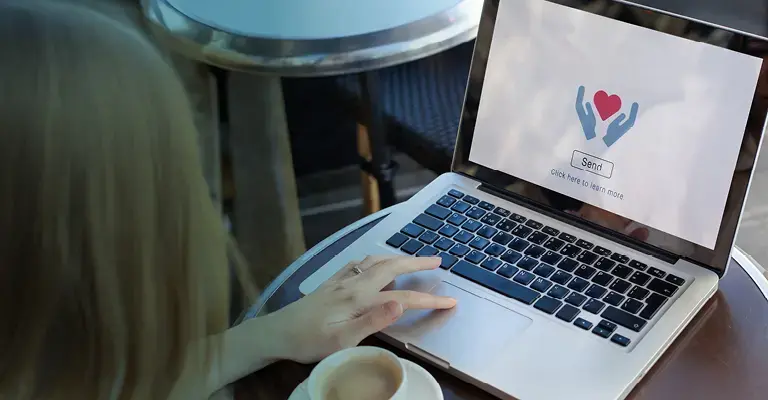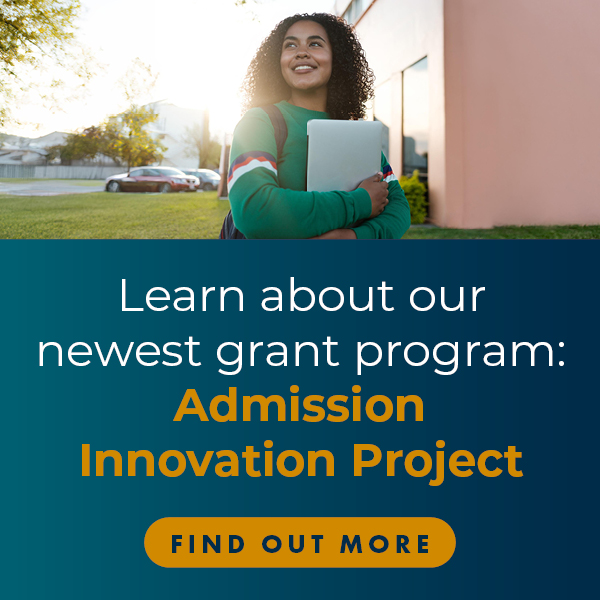Since launching our grantmaking activities in 2014, we have awarded over $26.4 million in support of our research priorities: access, affordability, and the value of legal education.
Awarded Grants
Grant Program
Grant Status
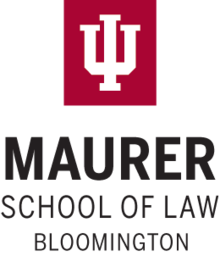
Indiana University Maurer School of Law
The project seeks to...
- Evaluate a replication on the State Bar of California’s July 2019 Bar exam of a Productive Mindset intervention that improved passage rates on its July 2018 exam.
- Examine predictors of bar passage in a data set compiled with over 7,000 takers across three years of California’s exams.
- Scale the Productive Mindset program to three new jurisdictions and examine predictors of passage in a multi-jurisdictional data set of over 10,000 takers of the July 2021 bar exam.
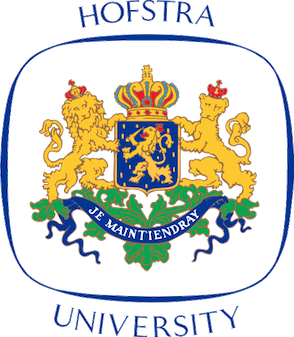
Hofstra University
The project will develop metacognitive teaching materials to be used within the law school curriculum and study the impact of this instructional intervention on bar passage. The project will use a mixed methods approach, using both qualitative and quantitative data, to examine whether students who are taught and prompted to engage in metacognitive skills develop stronger skills over time.
View grant outcomes.
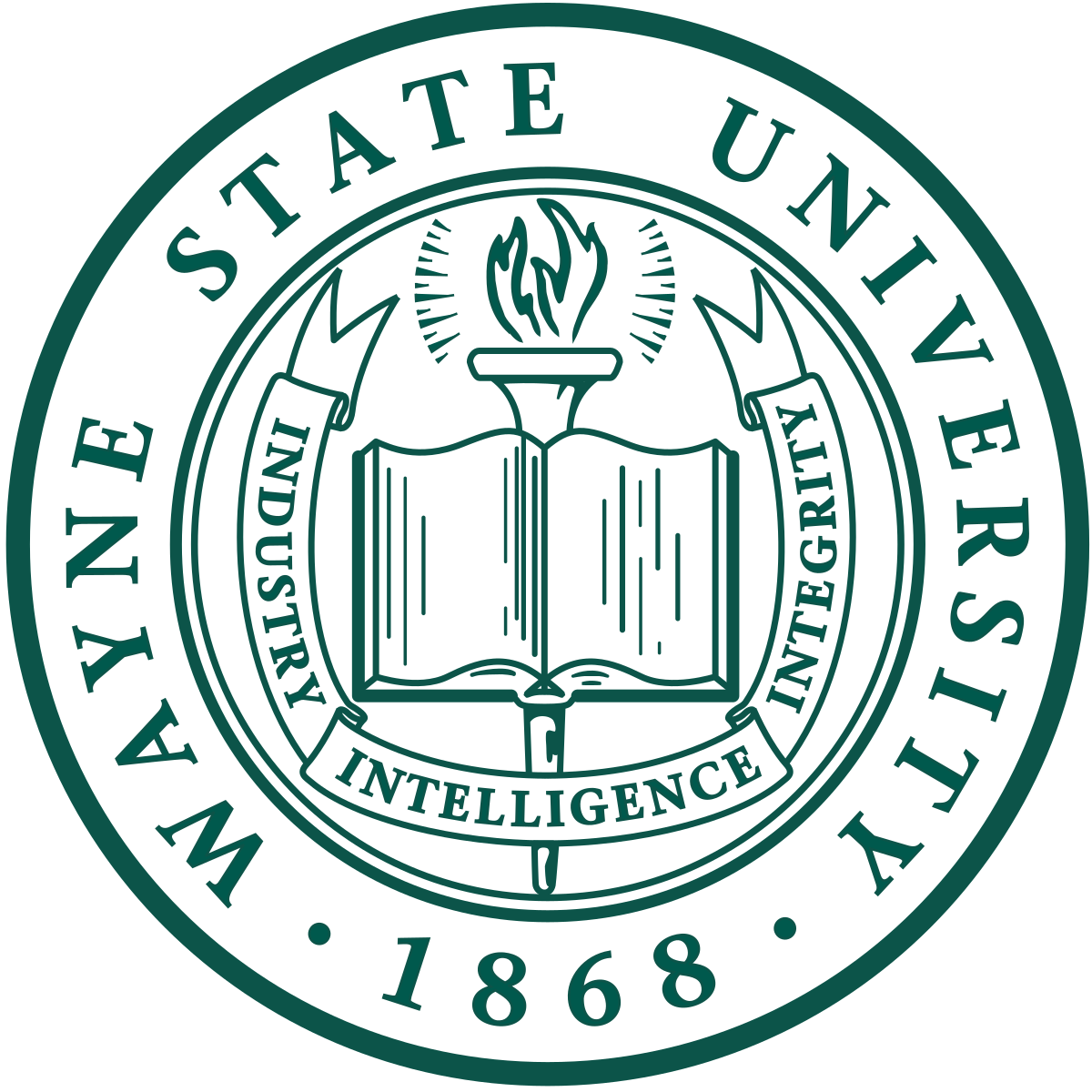
Wayne State University
The Damon J. Keith Pre-Law Summer Institute program targets undergraduate students who are graduates of the Detroit Public School Community District (DPSCD) and interested in attending law school. It will provide participants with LSAT preparation, academic skills-building, law school application and admissions support, and mentors.

Syracuse University College of Law
The Summer Jump-Start Program (SJSP) is a 3+3 program that will target undergraduate students from Spelman College, Morehouse College, and Clark Atlanta University to connect them to the Syracuse University College of Law, offering them a direct path to and through law school. Program participants will have early access to, and information from, law students, alumni, professors, administrators, and staff, all while introducing and strengthening key analytical and logical reasoning skills through LSAT prep, first-year law school basics (briefing cases, writing skills), and education on law admissions requirements.
Read more about The Summer Jump-Start Program.

American Bar Foundation
This grant builds on the existing Emerging Scholars Fellowship Program in Legal and Higher Education program originally funded by AccessLex Institute in 2016. The expanded initiative will be comprised of three parts: A Doctoral Fellowship Program (supporting two, two-year fellows), an innovative Postdoctoral Fellowship Program (supporting two, two-year fellows), and annual Alumni Workshops.
View grant outcomes.
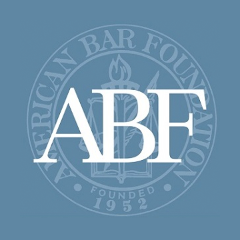
American Bar Foundation
The project will employ anthropological linguistic methods to examine how inequality is sustained in law schools in order to help them create more supportive environments for students and faculty of color. Faculty interviews, observations, and autobiographical textual analyses will be used to identify the verbal and non-verbal interactional habits that contribute to institutional practice that may sustain implicit biases.
View grant outcomes.
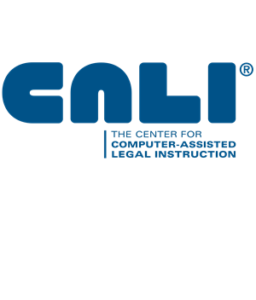
Center for Computer-Assisted Legal Instruction (CALI)
The Law School and Bar Exam Study Skills Fellowship consists of five law school professionals (Fellows) who write 3-5 self-paced instructional tutorials each (15-25 tutorials) covering the area of the Bar Exam Study Skills. The goal of the fellowship is to author lessons that help develop students’ critical-thinking skills.
Read more about the Law School and Bar Exam Study Skills Fellowship.
View grant outcomes.

New York Law School
This grant supports New York Law School's efforts to dramatically enhance bar performance in its longstanding Evening Division, which offers a J.D. degree in four years (eight semesters). The Evening Division provides access to legal education for generations of underrepresented or economically disadvantaged groups working professionals, a significant number of whom have been members of historically underrepresented or economically disadvantaged groups.
View grant outcomes.
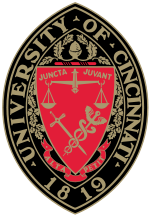
University of Cincinnati
The grant will conduct rigorous, multi-site analyses to develop a richer empirical model of bar passage and improve understanding through qualitative interviews of student graduates. The grant will use this information to extend existing literature and build research-practice partnerships that provide university partners with actionable insight into programmatic decisions, student interventions and supports, and advising.
View grant outcomes.

